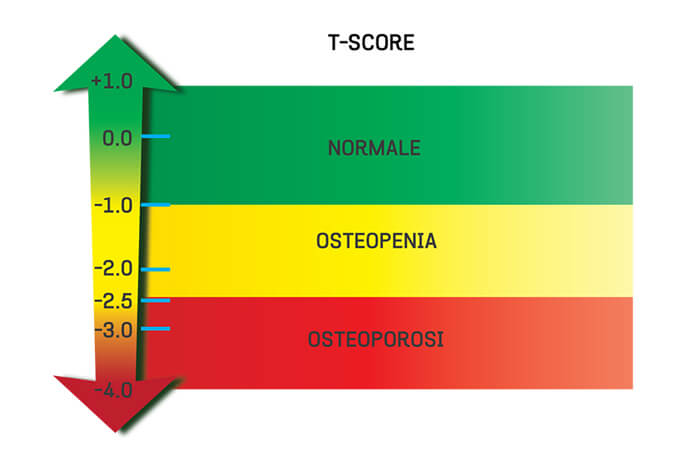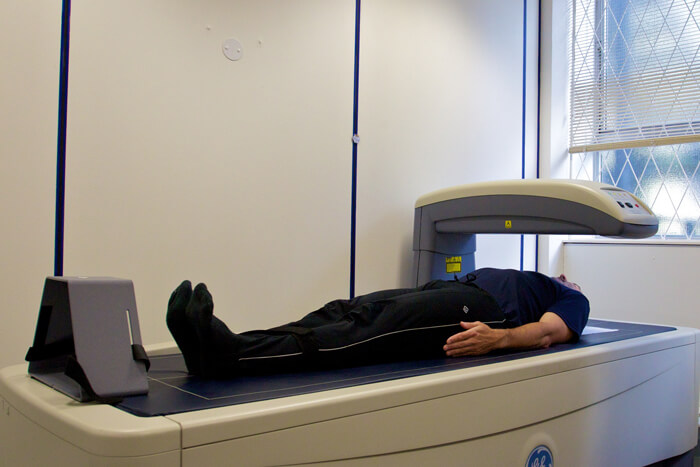The most common cause of delayed puberty in boys is constitutional delay in growth and puberty. These boys remain shorter and looks more “child-like” compared to other boys at the same age. However, they enter puberty later than normal and eventually catch up by 18-19 years of age.
Rather than waiting for these boys to enter puberty endlessly, it is better to get them checked by an endocrinologist. It is important to know if they have hypogonadism and then take appropriate actions at the earliest.
Constitutional delay in puberty












